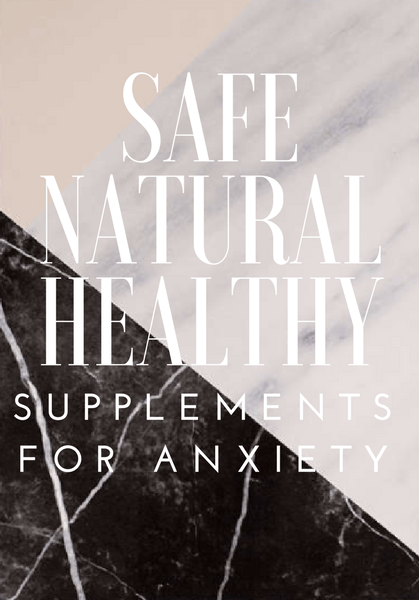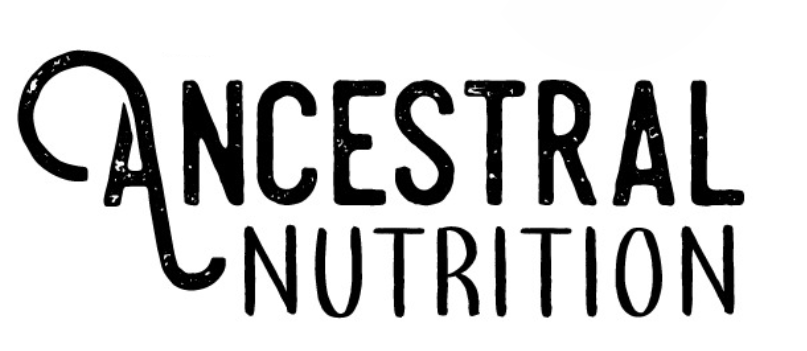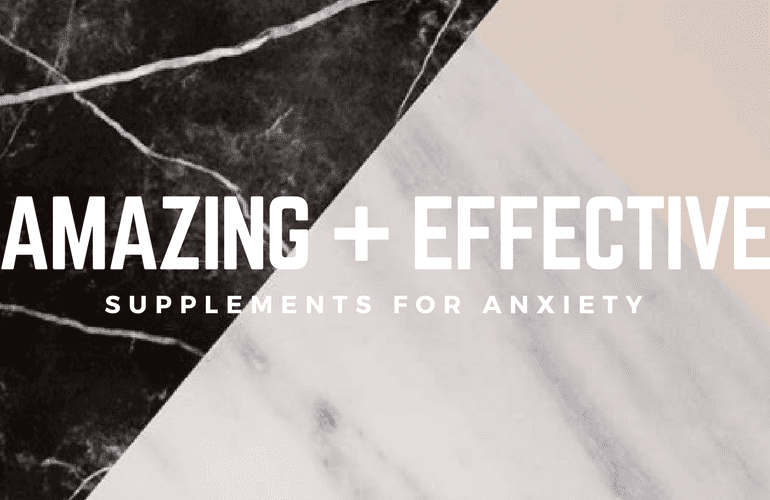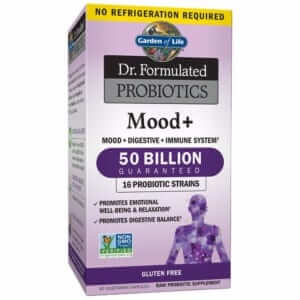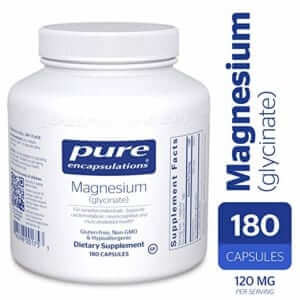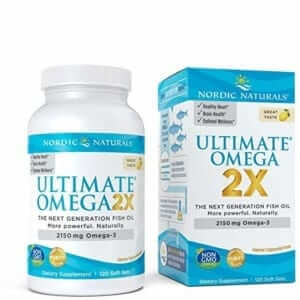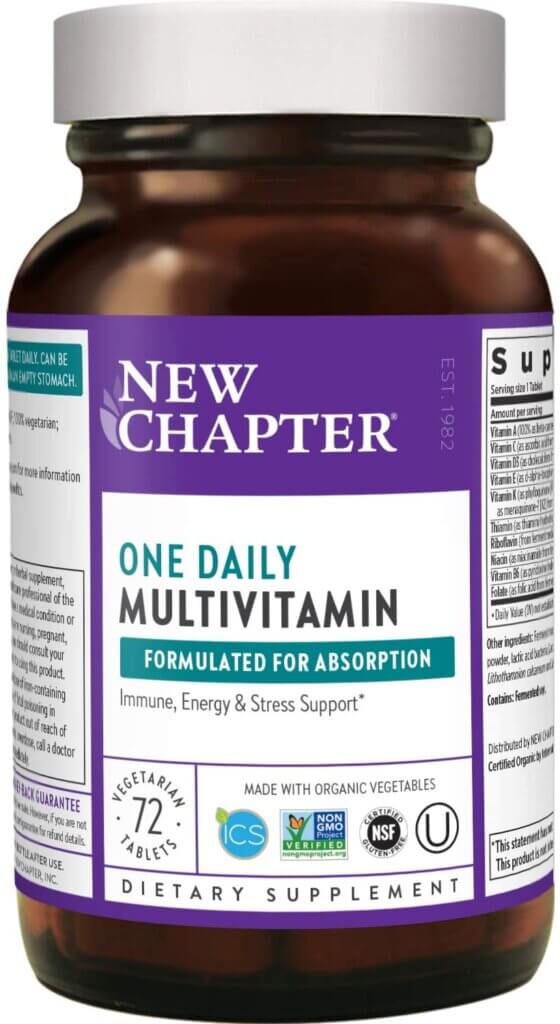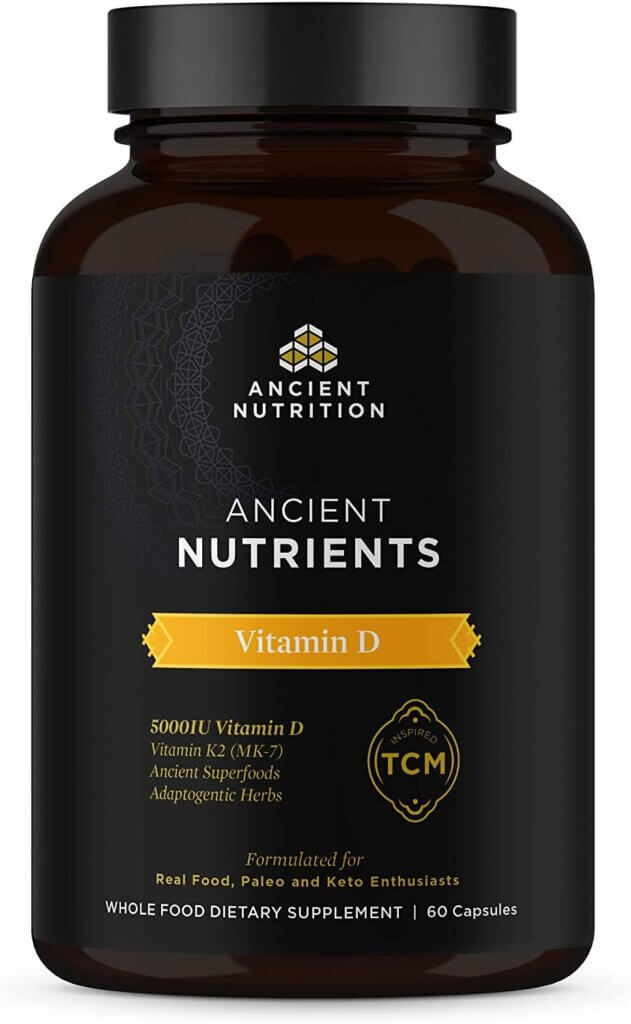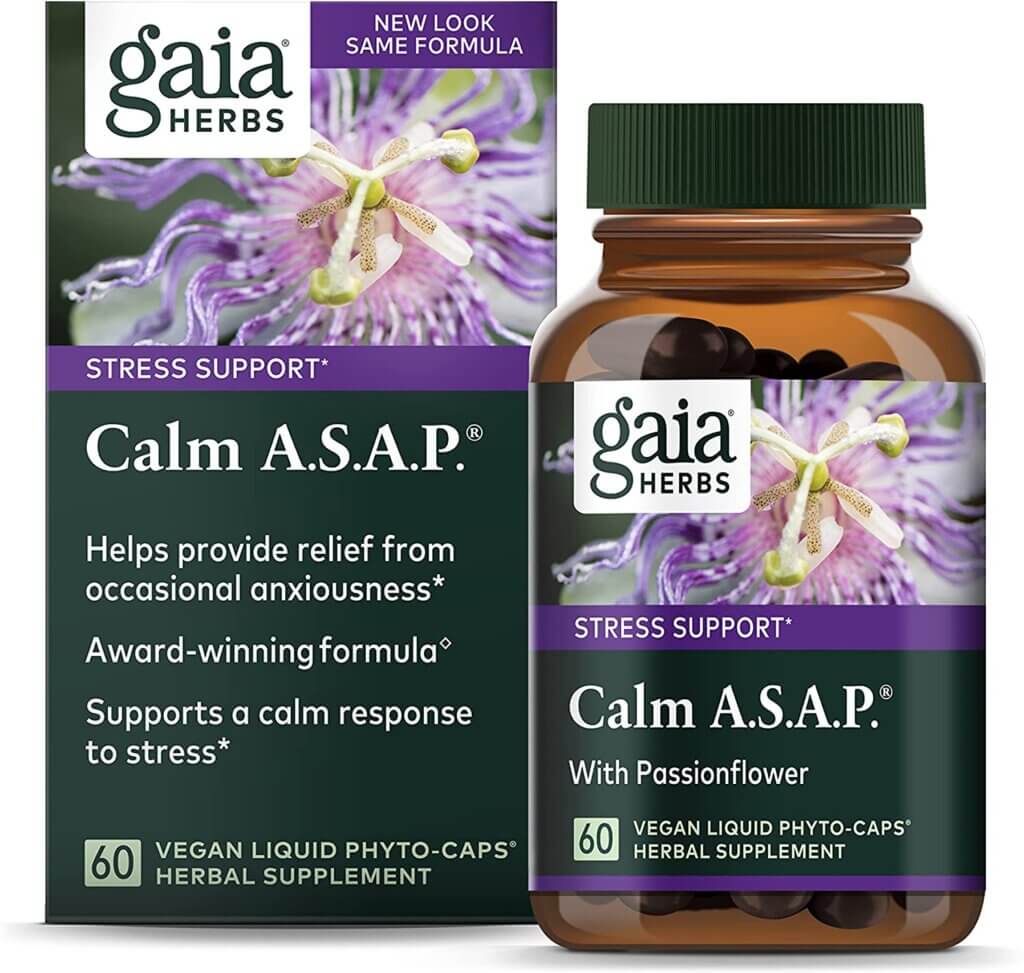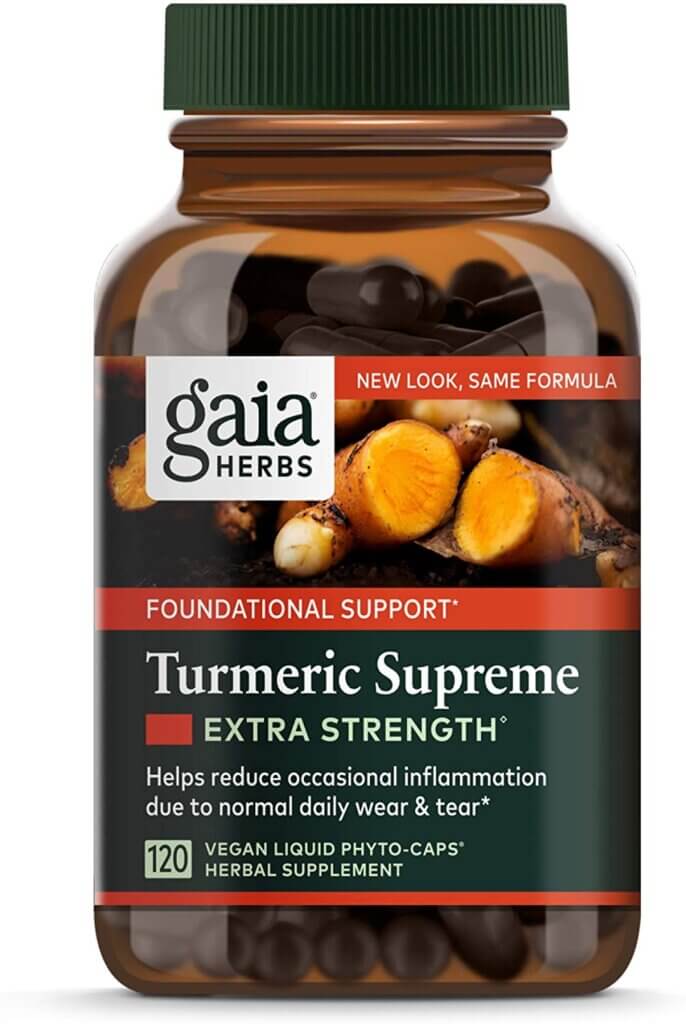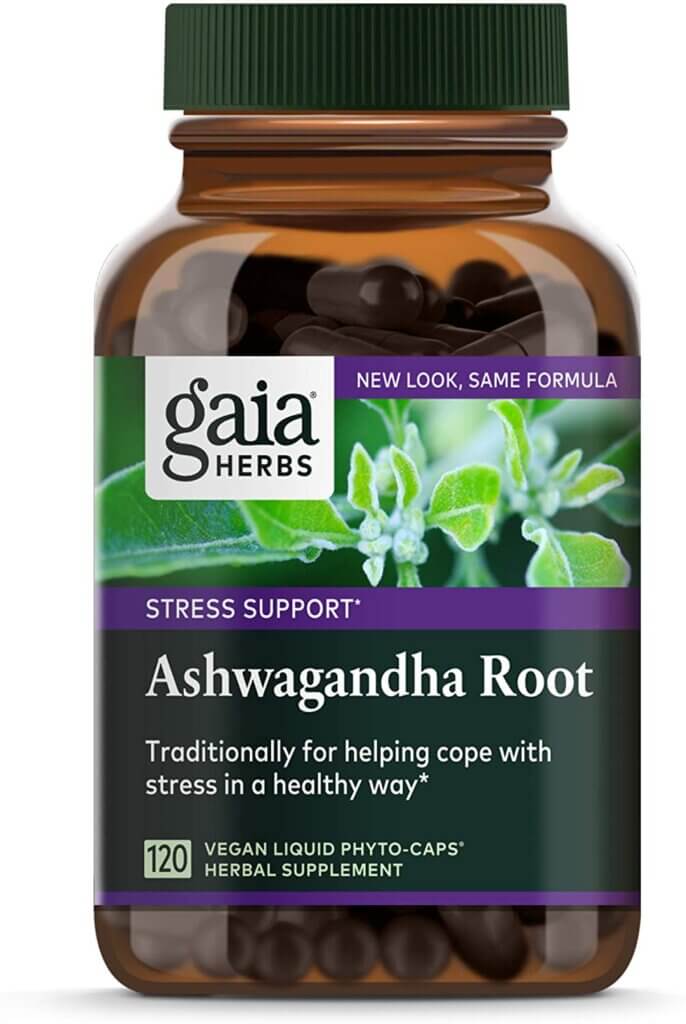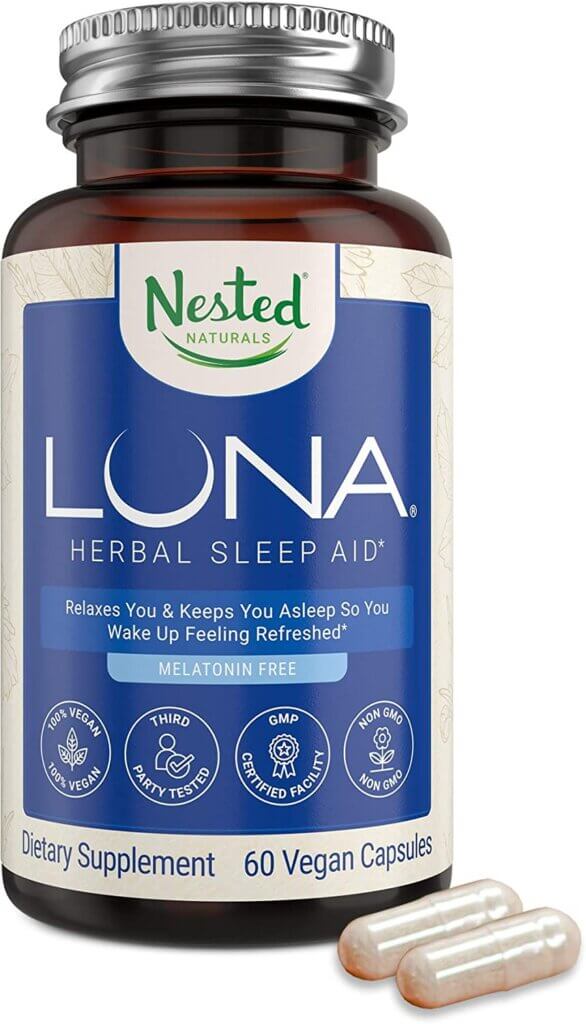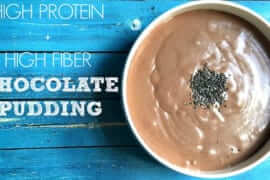Growing up in an unstable environment with a violent, drug addicted mom unfortunately primed my brain for anxiety. But there’s is so much we can do to mitigate its effects, including taking exercise, therapy and meditation. One of my favorite ways to reduce anxiety is through natural remedies – and these are the BEST supplements for anxiety!
I have had anxiety for most of my life. Not my adult life, mind you. My ENTIRE life. Literally as far back as I can remember. Unfortunately, it’s only gotten worse over the years, particularly when I was 18, then when I was 21, it was at its absolute worst. I’m 29 now (even though I think I’m 19) and have a great handle on it, but it’s not without some serious effort, which includes taking the best supplements for anxiety.
It also includes eating well, avoiding gluten is crucial for me, I also avoid refined sugars. It includes exercising, meditating (let’s be real – TRYING to meditate), doing my best to maintain positivity, getting enough sleep and living an overall healthy, positive life. It’s simply not possible to out-supplement a bad diet and unhealthy lifestyle. These supplements are incredibly beneficial, but if you’re eating fast, frozen or processed food, not exercising, working a job you hate and spending majority of your time cooped up indoors – you need a lifestyle change.
These are the supplements that I’ve found most helpful, and have a lot of scientific backing as to why and how they’re beneficial for anxiety sufferers.
If you’d like, you can see and purchase the best supplements for anxiety and depression HERE.
The Best Supplements For Anxiety
Probiotics
What most people don’t realize is that what’s happening in the gut is happening in the brain.
It’s called the gut-brain axis. f you’re dealing with constipation, indigestion, stomach cramps, diarrhea or digestive issues, it’s going to affect your brain. From Harvard Medical School,
“The brain has a direct effect on the stomach. For example, the very thought of eating can release the stomach’s juices before food gets there. This connection goes both ways. A troubled intestine can send signals to the brain, just as a troubled brain can send signals to the gut. Therefore, a person’s stomach or intestinal distress can be the cause or the product of anxiety, stress, or depression. That’s because the brain and the gastrointestinal (GI) system are intimately connected — so intimately that they should be viewed as one system.” (emphasis mine)
I can’t tell you how many people I’ve met and worked with who complained of depression and/or anxiety that have altered gut function. They go hand in hand. Majority of our serotonin receptors are found in the gut, therefore if you suffer from gut issues, your normal serotonin function will be altered as well.
To improve gut function, it’s best to eat whole, unprocessed meats, seafood, veggies and healthy fats. It’s best to eliminate foods that can irritate the gut – like grains, gluten, sugar and potentially even dairy. While removing these foods, it’s a great idea to add gut healing foods like bone broth and fermented foods – aka probiotics.
Probiotics are beneficial gut flora normally found in the gut, but for a variety of reasons, the beneficial gut flora can be reduced, diminished and even overthrown by bad bacteria in the gut. When I was in my early twenties and experiencing the worst anxiety of my life, I was feeding the bad bacteria with tons of sugar and carbohydrates from “healthy” whole grains.
If you’re thinking, really, you expect probiotics to improve my anxiety? Let me assure you, it’s science! Plus – it works for me.
In one study, scientists found that giving mice probiotics reversed their autistic symptoms (of which anxiety was one).
A study from the University of Toronto found that supplementing with probiotics in people with chronic fatigue syndrome led to reduced feelings of anxiousness.
In 2011, scientists found that giving people a probiotic for 30 days reduced their depression and anxiety.
A study out of UCLA found that women who ate yogurt twice a day had improvements in the part of the brain that process emotion, and improved anxiety symptoms.
This is one of my favorite probiotic brands, with clinical testing and several strains of bacteria that are beneficial for mood.
Magnesium
It’s been estimated that over 90% of Americans are deficient in magnesium. Which makes sense. Our soil has been depleted of it, and our food rapidly loses magnesium the longer it is from the time it’s picked to the time it reaches your plate.
Magnesium is essential for a balanced mood. It’s a mineral that provides feelings of calm and relaxation. It helps us sleep. But when we’re stressed, our bodies rapidly deplete magnesium. When we eat sugar, our body uses magnesium to process it. Considering that most people are stressed and regularly eat sugar, chances are that you’re not just lacking magnesium, you might be severely deficient.
In Psychology Today, Dr. Emily Deans discusses case studies on the effects of magnesium,
“A 40 year-old “irritable, anxious, extremely talkative, moderately depressed” smoking, alchohol-drinking, cocaine using male took 125mg magnesium taurinate at each meal and bedtime, and found his symptoms were gone within a week, and his cravings for tobacco, cocaine, and alcohol disappeared. His “ravenous appetite was supressed, and … beneficial weight loss ensued.”
“A 59 y/o “hypomanic-depressive male”, with a long history of treatable mild depression, developed anxiety, suicidal thoughts, and insomnia after a year of extreme personal stress and bad diet (“fast food”). Lithium and a number of antidepressants did nothing for him. 300mg magnesium glycinate (and later taurinate) was given with every meal. His sleep was immediately restored, and his anxiety and depression were greatly reduced, though he sometimes needed to wake up in the middle of the night to take a magnesium pill to keep his “feeling of wellness.” A 500mg calcium pill would cause depression within one hour, extinguished by the ingestion of 400mg magnesium.”
Magnesium glycinate is one of the most beneficial forms of magnesium for anxiety, depression and neurological function. This brand is my favorite.
Fish Oil
Your brain is made up of fat. Fat is brain food.
I’m not talking about French fries and pizza. I’m talking about organic butter, grass-fed meat, wild salmon, olive oil, avocados, coconut oil and other healthy, unadulterated fats. These fats are rich in vitamins A, E, D and K as well as the omega-3s EPA and DHA.
I was deeply skeptical of everything when I was dealing with my anxiety. Sure, it might’ve worked for someone else, but it probably wouldn’t work for me. I’m not sure why I had that mentality. If you do, I’m telling you this works for me. And here’s some science to back it up:
Effect of Omega-3s on Major Depressive and Anxiety Disorders
Natural Remedies for Depression and Anxiety: The Mental Benefits of Omega 3 Fish Oil
Omega-3s Beneficial Effects on Anxiety and Cognition
These are just a few doctors and studies discussing the beneficial effects of healthy fats.
Basically, you need to feed your brain.
We know that our bones deteriorate if we don’t consume enough calcium and magnesium. We know eating junk food can lead to skin issues like eczema and breakouts. We know that eating sugar and refined carbohydrates can lead to gut issues and constipation. Likewise, if you’re not eating to feed the brain, it can lead to issues like poor cognitive function, depression and anxiety.
I take this fish oil daily. I like Nordic Naturals and their sustainability practices, their purity standards and testing. I like this particular fish oil because it has a concentrated dose of EPA and DHA.
Multivitamin
I take a multivitamin daily. I do take care to obtain as many nutrients as possible from food, but a good multivitamin will cover all the bases. I have been loving New Chapter, they’re are super high quality and the B vitamins are methylated. In fact, studies have shown that supplementing with a multivitamin can reduce the impact of trauma (sources here and here).
Vitamin D
Low vitamin D levels have been shown to cause everything from poor immune function to low libido to increased anxiety and depression. For our brains to work properly and efficiently, we have to optimize vitamin D levels. While most doctors say anything from 20-50 ng/mL is normal, it’s not! This is much to low. Our levels should really be above 60 ng/mL. I personally take anywhere between 5,000 IUs to 10,000 IUs per day depending on the time of year. I’m not the biggest fan of Josh Axe, but I have to admit he makes a great vitamin D supplement that’s balanced with vitamin K.
For when you just need something to help you calm down as soon as possible…
Calm ASAP! I love this stuff. I haven’t had to use it many times luckily, but it really helps soothe you, your brain and your nervous system as soon as possible.
Turmeric
We have finally started to recognize that depression and anxiety aren’t the result of a weak, flawed or broken person, but rather that there are very real physical implications that can cause a person to experience depression and anxiety. One of those is inflammation. We know that depression in particular is the result of an inflamed brain. One of the best things we can do for inflammation other than optimizing diet, is to supplement with turmeric. Turmeric is one of the most anti-inflammatory substances available to us. THIS turmeric supplement is my favorite.
Adaptogens
Adaptogens are simply ingredients that help us adapt to stress. While there are a ton, my personal favorite is ashwaganda. Adaptogens support the body’s nervous system and reduce feelings of stress, anxiety and panic. This study showed ashwanga significantly reduced participants’ perceived stress but even more interesting – it literally lowered their cortisol levels (cortisol is often dubbed the stress hormone).
Sleep Support
Sleep is absolutely essential for every facet of your life, your brain, your physical and your mental health. Sleep replenishes, it gives our bodies and brains a break, sleep detoxifies and even “washes” your brain. Numerous studies have displayed the negative effects of lack of sleep. And I can attest to that, dealing with insomnia was one of the most difficult things I’ve ever dealt with. To optimize your sleep, read this article I wrote.
If you need a bit of extra sleep support, this herbal, melatonin-free sleep aid is my absolute favorite. It has amazing herbs that are incredibly effective. Even my husband loves it.
This is by no means an exhaustive list. Some people may do well with products like 5HTP or Sam-E, but those are more specialized, specific supplements. The above are basically supplements anyone can take and find relief with. For more products, check out my full list of the best supplements for anxiety and depression.
As always, first discuss with your doctor. It’s ideal to get full blood work done, see what you’re lacking and then supplement appropriately.
